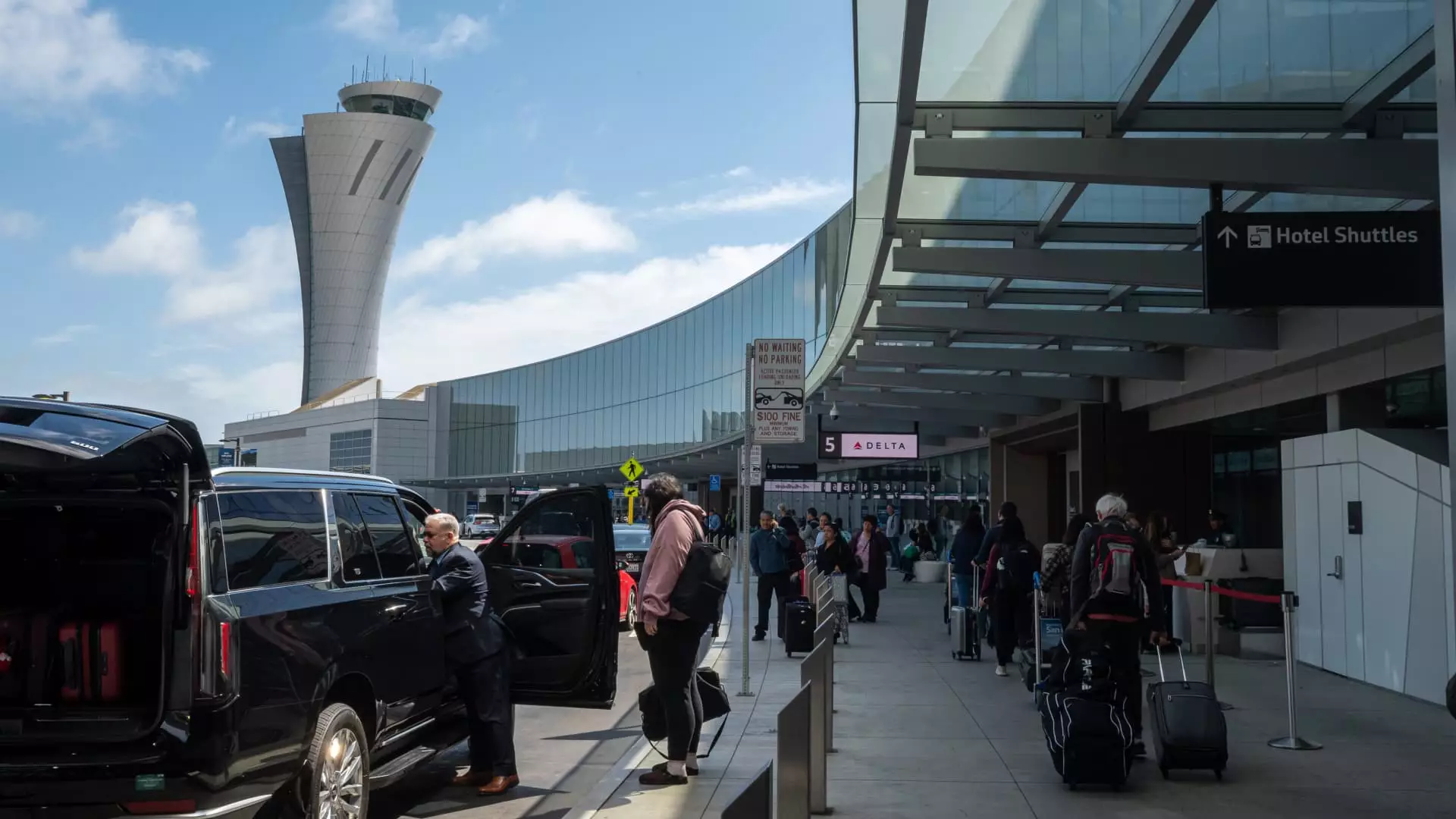The recent detention of Tae Heung “Will” Kim at San Francisco International Airport exemplifies a troubling shift in the American approach to immigration enforcement. What should be a careful and judicious process has increasingly morphed into a punitive and often opaque system where individuals, even longstanding residents, are treated with suspicion and denied fundamental rights. Kim’s case highlights how the machinery of immigration can be wielded with little regard for fairness, especially when legal rights to due process are sidelined in the name of border security.
Kim’s prolonged confinement—detained for over a week, sleeping in chairs, and living off airport food—evinces a disturbing trend of detaining individuals not in proper detention facilities but rather in arbitrary and inhospitable spaces. This not only violates basic human dignity but also erodes public trust in the fairness of the system. The fact that he was initially detained not because of an imminent threat but seemingly based on suspicion stemming from a minor misdemeanor decades ago reveals how fragile and uncertain the boundaries have become between justice and overreach.
The core issue here is the lack of transparent procedures and accountability. By detaining Kim without access to legal counsel and preventing his family from communicating with him, authorities sidestep the essential safeguards that underpin a just legal process. The airport is not a courtroom, nor should it serve as an indefinite holding cell. Yet, in the name of national security, this physical and legal limbo is becoming commonplace—raising profound questions about the values our country claims to uphold.
The Politicization of Immigration Enforcement and Its Human Costs
Since President Trump’s tenure, immigration enforcement has been heavily politicized; policies have been leaning toward aggressive deportations and overextended authority. While border security is undeniably important, the approach has often been marked by a disregard for nuance and compassion, especially for individuals who have spent most of their lives in the United States. Kim’s case—a biographical reflection of the American Dream—serves as a stark reminder of how policy shifts can impact families and communities in profound ways.
Kim, who arrived at age five and contributed to his family’s business and community, embodies the positive potential of the immigrant fabric. Yet, a minor misdemeanor from over a decade ago—a misdemeanour that he fulfilled community service for and concealed through legal channels—has now become a pretext for potential deportation. This exemplifies how the current enforcement paradigm often disregards context, rehabilitation, and the human stories behind legal records.
The broader consequence of such enforcement practices is a climate of fear and instability for legal residents and citizens alike. When authorities operate with broad discretion and limited oversight, it empowers arbitrary decision-making. The result is not only injustice for individuals like Kim but also a weakening of the social fabric that holds immigrant communities together. Such policies foster suspicion instead of integration and compassion.
The Moral Imperative for a Balanced, Centered Approach to Immigration
While national security must remain a priority, it cannot come at the expense of core democratic principles—especially fairness, transparency, and human rights. The solution to our immigration challenges is not found solely in expanding enforcement powers but in cultivating policies that recognize the complexity of human lives.
A centrist, liberal approach emphasizes reform that balances security with compassion. It calls for clear, consistent procedures that respect due process, and for recognizing the contributions and rehabilitation of individuals with minor infractions. It advocates for oversight and accountability mechanisms that prevent abuse and ensure that detention is used appropriately and humanely.
Kim’s case also underscores the urgent need for revisiting our immigration laws and enforcement practices to avoid turning immigration into a punitive tool disproportionate to the alleged offenses. We should foster a system that prioritizes integration, recognizes the long-term contributions of legal residents, and preserves the basic rights that distinguish us as a nation.
If we are truly committed to justice and fairness, then the arbitrary detention of individuals—regardless of their background or past mistakes—must be addressed with rigorous reform. Our immigration system should serve as a reflection of our values, not a tool of fear and exclusion. Only then can we build a country that upholds both security and the dignity of all who seek because they believe in the promise of America.

